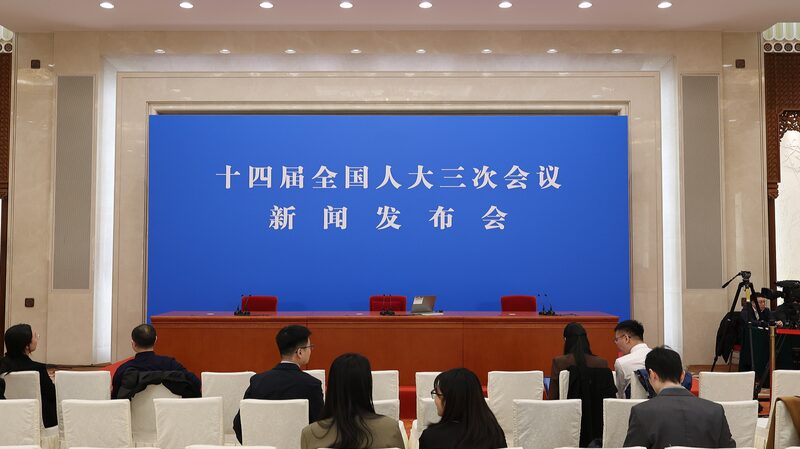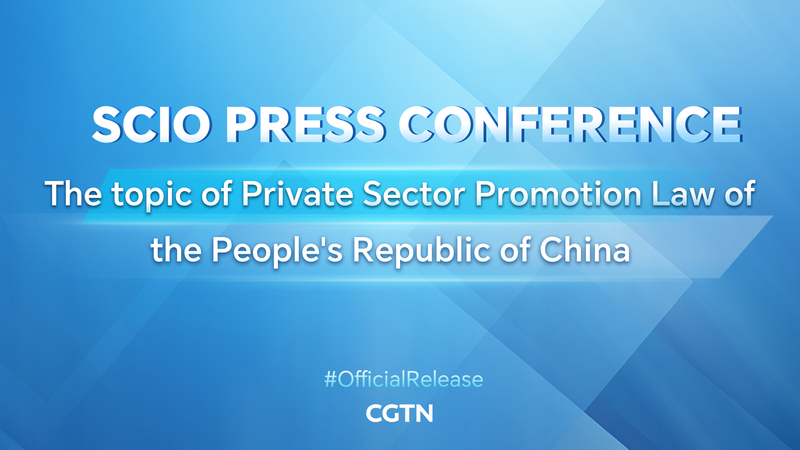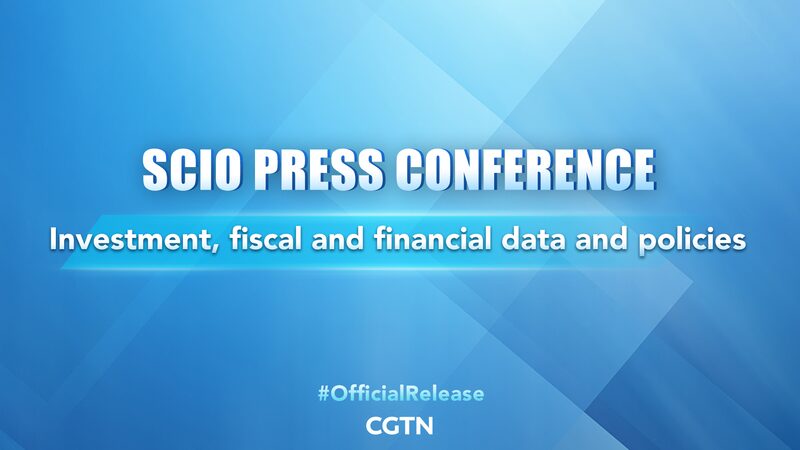China Steps Up Financial Regulation to Boost Investor Confidence 🌐
China's top financial regulator has pledged to strengthen oversight of capital markets while promoting innovation, aiming to balance growth with risk management. At a press conference hosted by the State Council Information Office, Li Chao, vice chairman of the China Securities Regulatory Commission (CSRC), outlined plans to create a \"more open, resilient, and investor-friendly market.\"
Key Takeaways for Global Investors 💼
1️⃣ Regulatory Upgrades: New measures will crack down on market manipulation and improve transparency.
2️⃣ Green Finance Push: Special incentives for eco-friendly projects and ESG-focused investments.
3️⃣ Tech Innovation: Streamlined approval processes for tech IPOs to rival Wall Street's growth engines.
4️⃣ Foreign Access: Expanded channels for overseas investors to participate in mainland markets.
Why This Matters for Young Professionals 🌍
With China's stock market now the world's second-largest, these reforms could reshape global investment flows. Millennial investors eyeing Asian opportunities should watch how these changes affect sectors from renewable energy to fintech. 💡
Li emphasized: \"Our reforms prioritize long-term stability over short-term gains – this is crucial for sustainable development.\" The moves come as global markets face pressures from inflation and geopolitical tensions.
Reference(s):
Live: SCIO presser on high-quality development of the capital market
cgtn.com




